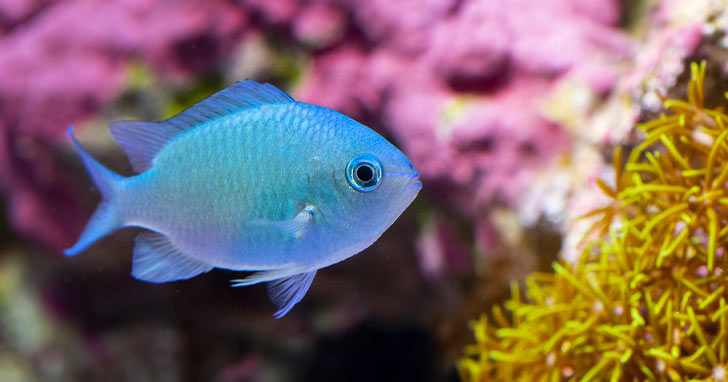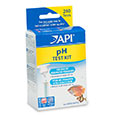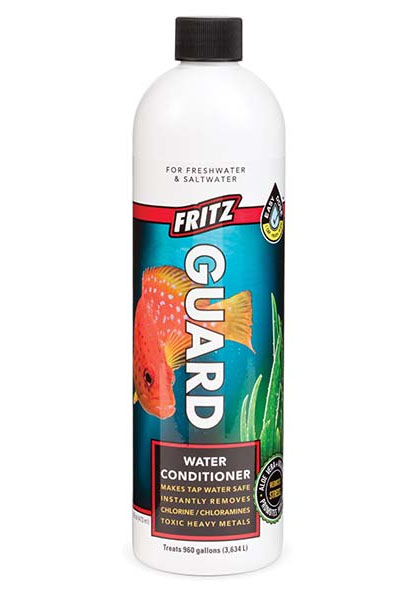

Poor water quality is the most common cause of aquarium fish deaths. Factors such as aquarium pH, water temperature, and even source water affect the health of your aquarium inhabitants. Consider the following factors and the specific health effects they have on aquarium inhabitants.
PH Fish are very sensitive to changes in pH, and rapid changes in pH can severely stress aquarium fish. Improper or extreme changes in pH levels can even affect the physical health of fish. Reduced breathing capacity and physical damage to gills and eyes, or even death, can result. Fish should not be exposed to a change in pH greater than 0.3 in a 24-hour period.

TEMPERATURE Fish are also very sensitive to changes in temperature and a sudden shift can compromise their immune system. During this stressed and weakened state, fish are more susceptible to ich and other illnesses. In addition to maintaining stable water temperatures, avoid temperature extremes. Warm water is less able to “hold on to” dissolved oxygen and creates dangerous, oxygen-starved conditions.
TAP WATER POLLUTANTS Tap water can contain chemicals dangerous to fish. Chlorine, chloramine, and heavy metals are common examples of tap water pollutants. Without the use of proper water conditioners, chlorine and chloramine can burn fish gills and can even reduce beneficial bacteria that provide biological filtration.
Question:
Can you tell me what the acronym pH stands for? |
Answer:
pH, or the "Potential of Hydrogen," is a measurement of relative alkalinity or acidity. A pH reading of 7.0 is considered neutral, with readings higher than 7.0 (up to 14) being alkaline and readings lower than 7.0, acidic. |
|